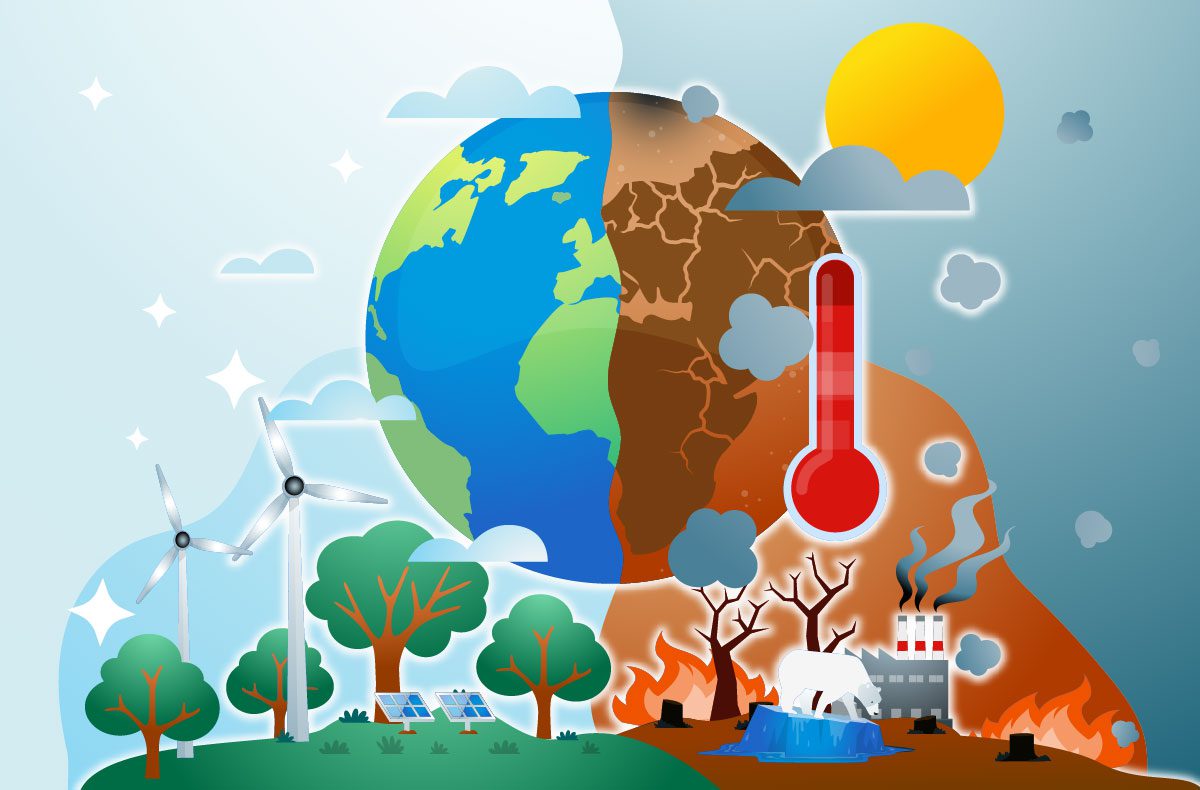
Welcome to the “new” 21st century economy. It’s being born both quietly and suddenly. It’s one crisis, one more “hottest year on record,” one more wave of people quitting their jobs, one more protest, one more unprovoked brutal invasion by a dictator at a time. These snowball into a tsunami of change. Or something massive like a pandemic happens and literally shuts everything down, causing a huge economic reset.
Like a baby chick bursting out from a shell, gradually and then suddenly, this new 21st century economy was born. It’s been in gestation for a few decades, since even before the millennium and now we are in brand new territory.
Change in Leadership Thinking
As in any other situation when priorities change, this new economy demands a different type of leader. A recent study by the global executive search firm Heidrick & Struggles revealed there was more turnover in the C-suite in the first half of 2021 than ever before. It was due to a shift in qualities boards and companies were seeking in their C-suite leaders. They turned to a quite different kind of leader.
“There are so many cross-currents and trends and changes that have affected everybody in every walk of our lives and it’s true in the CEO suite as well,” Bonnie Gwin, vice chair of Heidrick and Struggles and an author of this study, told me on my Electric Ladies podcast. “So, you’re seeing a lot of changeover in the CEO suite. First of all, the pandemic. Part of what’s been interesting to watch there is what that’s meant for company culture.”
It meant, Gwin explained, that “purpose-led, mission-led leadership, corporate leadership, has become so much more important during the pandemic.” She added: “People have felt so much sort of base disruption in every aspect of their lives. And we’ve seen a lot of companies really needing to and wanting to authentically focus on how do you care for people and that means you’ve got to be purpose-led and mission-led.”
The new leaders for this new economy need to have different strengths. “The economic trends, the societal pressures, all the other changes that we’re seeing. It means resilience, empathy, agility, ability to articulate, communicate, inspire people, keep people moving forward in very difficult times. All those are skills that a lot of CEOs have had in the past, but they’ve really moved to the forefront,” Gwin said. “We call them soft skills. They’re not soft skills. They’re actually hard skills. Those are super important.”
The new leaders need to think about their stakeholders much more broadly. “Think about community and company footprints, and how they impact the communities that they live and work in, as well as sell to. All of those things are factors that companies have to take into consideration in thinking about who’s the right person to lead us forward,” Gwin emphasized. “I think that does have a very real impact on identifying who is that person who can manage through these very challenging times and ESG is a clear component of that.” ESG stands for environment, social and governance issues, and, as I wrote in New Thinking magazine previously, is the force transforming the economy from under the radar.
In this time of rapid change, studies consistently show that innovation—deliberate change such as new technologies and system improvements—is one of the C-suite’s top priorities. Therefore, this new economy demands leaders who see this new socio-economic paradigm with all its challenges, stressors, shifting sands and its advantages and opportunities. It demands leaders who bring new qualities and skills to the C-suite—and those criteria are prioritized differently too.
Perfect Demographic for the New Age: Women
One of the most remarkable findings in the Heidrick & Struggles study is that when boards and companies sought new types of leaders with skills in managing the culture, innovation and the numbers, they more than doubled the percentage of women promoted to CEO from 6% to 13%. It’s still a paltry 10 out of 76 but doubling is significant progress and reflects a major shift in the type of leader needed for organizations to thrive in this new economy.
“The business case for diversity, equity, and inclusion (DE&I) is stronger than ever,” McKinsey’s 2022 study of more than 1,000 large companies across 15 countries found. It added: “The relationship between diversity on executive teams and the likelihood of financial outperformance has strengthened over time.”
Sandrine Dixson, co-president of the prestigious Club of Rome (world leaders, top CEOs, etc.) told me at the United Nations’ COP26 conference that, “There are so many important roles that women play at so many different levels from a national leadership perspective.” Women are inventing new economic models that include people’s well-being, she said, “putting forward new ways of thinking through our economies and our political systems within the planetary boundaries…bringing new, innovative solutions.”
Employers with diversity in leadership were 70% more likely to capture new markets, according to a 2013 study by the Center for Talent Innovation (now renamed Coqual). Their then-president, Dr. Laura Sherbin, told me on my Electric Ladies podcast that their research found that, ‘Women, in particular, are bringing a different problem-solving toolkit to the table…and innovative potential.” Research from Cloverpop found that teams with gender, age and geographic diversity make better decisions a staggering 87% of the time.
Women are natural innovators because they have been in the non-dominant role, as Secretary General of the Council of Women World Leaders Laura Liswood put it in an exclusive interview. Because women lacked access to the traditional levers of power, including authority and resources, they had to find creative ways to get things done. This built women’s innovation and relationship-building skills.
There are thousands of talented women just below the C-suite—with strengths in resilience, listening, empathy and ESG values—who would be great C-level executives. These women would also bring the transformational leadership that the convergence of climate change, covid, conflict and equity demands in the new 21st century economy.


